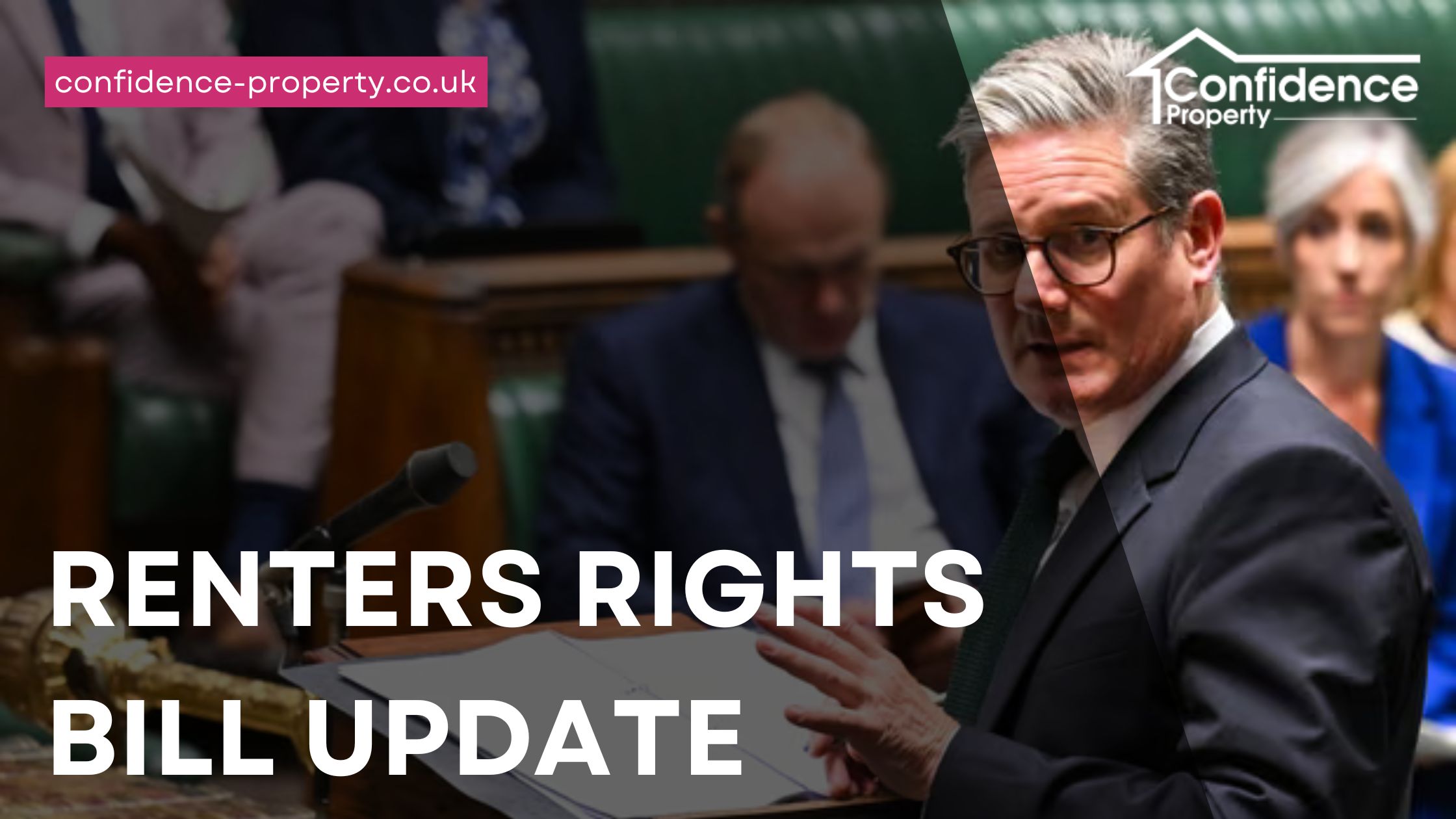In shared accommodation, not all HMO anti-social behaviour (ASB) is severe enough to warrant legal action, but that doesn’t mean it can be ignored. In HMOs (Houses in Multiple Occupation), everyday nuisances such as failing to clean up, excessive noise, or having guests overstaying their welcome can create tension among housemates. These lower-level issues might not call for eviction, but they can result in complaints, stress, and even tenants moving out if not properly managed.
Preventing HMO Anti-Social Behaviour: Setting House Rules
The best way to manage minor anti-social behaviour in an HMO is through prevention. Establishing clear house rules from the start ensures everyone knows what’s expected of them, helping to avoid disputes. These rules should be clearly communicated, starting with your advertisements, emphasised during viewings, included in the tenancy agreement, discussed during the check-in process, and posted on a noticeboard in shared spaces. When housemates understand the boundaries from the beginning, there’s less room for misunderstandings later.
House rules should cover common issues such as:
- Cleaning up after yourself: Whether it’s washing dishes or tidying up communal areas, encourage housemates to be considerate
- Recycling and rubbish: Ensure everyone knows when it’s their turn to take out the bins. Poor waste management can lead to frustration and unclean living conditions
- Noise control: Set reasonable limits, especially after 10 p.m., to ensure everyone enjoys a peaceful environment
- Overnight guests: Define how often guests can stay to avoid unapproved housemates staying longer than allowed
- Respecting personal space: Discourage tenants from leaving belongings in communal areas, which can cause clutter, disputes and fire safety hazards
Investigating Complaints and Breaches
Despite clear house rules, breaches and complaints will inevitably arise. When they do, it’s crucial to handle them promptly and fairly. Start by investigating the issue to determine who is responsible. Speak to all housemates, either individually or as a group, to get a full picture. This approach not only helps resolve the issue but promotes transparency and trust among tenants.
If necessary, host a house meeting to allow everyone to voice their concerns. Open communication often resolves these issues before they escalate. Encourage tenants to talk openly and sort out minor problems before they grow into serious cases of HMO anti-social behaviour.
Managing Repeat Offenders
If a tenant continues to violate house rules despite warnings, you may need to take further action. Keep a detailed log of the breaches, and where possible, gather evidence such as photos or written complaints from other tenants. Documentation will be crucial if the situation progresses to formal warnings or eviction.
Start by issuing a written warning letter outlining the repeated breaches of the tenancy agreement or house rules. Have a face-to-face conversation to ensure the tenant understands the impact of their behaviour. Often, making the tenant aware of the consequences is enough to resolve the issue.
When to Serve Notice for HMO Anti-Social Behaviour
If the tenant’s behaviour continues to breach house rules without improvement, you may need to serve notice. Currently, many landlords use a Section 21 Notice, which allows possession without providing a reason. This makes it a straightforward option when dealing with repeated lower-level HMO anti-social behaviour. However, this process may change with the proposed Renters Reform Bill, which aims to abolish Section 21 and strengthen the grounds for eviction under Section 8.
As a landlord, this means you’ll need to rely more on proving breaches under Ground 12 (violating the tenancy agreement) or Ground 14 (causing a nuisance). The challenge with Section 8 is that the grounds are discretionary, meaning a judge will decide whether the tenant’s behaviour justifies eviction. Given these potential legal changes, documenting every breach is crucial, especially if tenant behaviour is impacting others.
Distinguishing Between Everyday Issues and Legal HMO Anti-Social Behaviour
It’s essential to distinguish between minor breaches of house rules and more serious cases of anti-social behaviour that could require legal intervention. Everyday issues like failing to clean up or having noisy guests might not meet the legal threshold for ASB under the Housing Act. These are lower-level problems that are usually resolved through communication, house meetings, and warnings.
However, some behaviours may escalate to the point where legal action becomes necessary. Serious HMO anti-social behaviour—such as harassment, vandalism, or drug use—could fall under Ground 7A of Section 8 for mandatory eviction. In these situations, gathering solid evidence and following the correct legal procedures is vital, though this should only be a last resort after attempting other solutions.
Encouraging a Harmonious Living Environment
Managing lower-level HMO anti-social behaviour doesn’t need to be a hostile process. By encouraging open communication, setting clear expectations, and addressing complaints quickly, you can foster a harmonious living environment. Here are some tips to help:
- Host Regular House Meetings: Give tenants an opportunity to discuss any issues openly. These meetings can prevent minor disputes from becoming serious problems.
- Make House Rules Visible: Keep a copy of the house rules posted in communal areas to remind everyone of their responsibilities.
- Promote Respect: Encourage tenants to treat each other with kindness and consideration, which can go a long way in creating a peaceful home.
The Role of a Specialist HMO Letting Agent
Handling the day-to-day management of HMO anti-social behaviour can be overwhelming, especially when tenants are non-cooperative or the issues persist. This is where a specialist HMO letting agent like Confidence Property can make all the difference. With extensive experience in dealing with both lower-level and more serious tenant disputes, we take care of these problems for you, ensuring your tenants follow the house rules and any complaints are handled quickly.
By partnering with Confidence Property, you’ll have peace of mind knowing your HMO is in safe hands. We manage the entire process—from setting and enforcing house rules to dealing with breaches and serving notices if necessary. With upcoming changes to legislation affecting landlords, now is the time to trust experienced professionals to help keep your property running smoothly.








